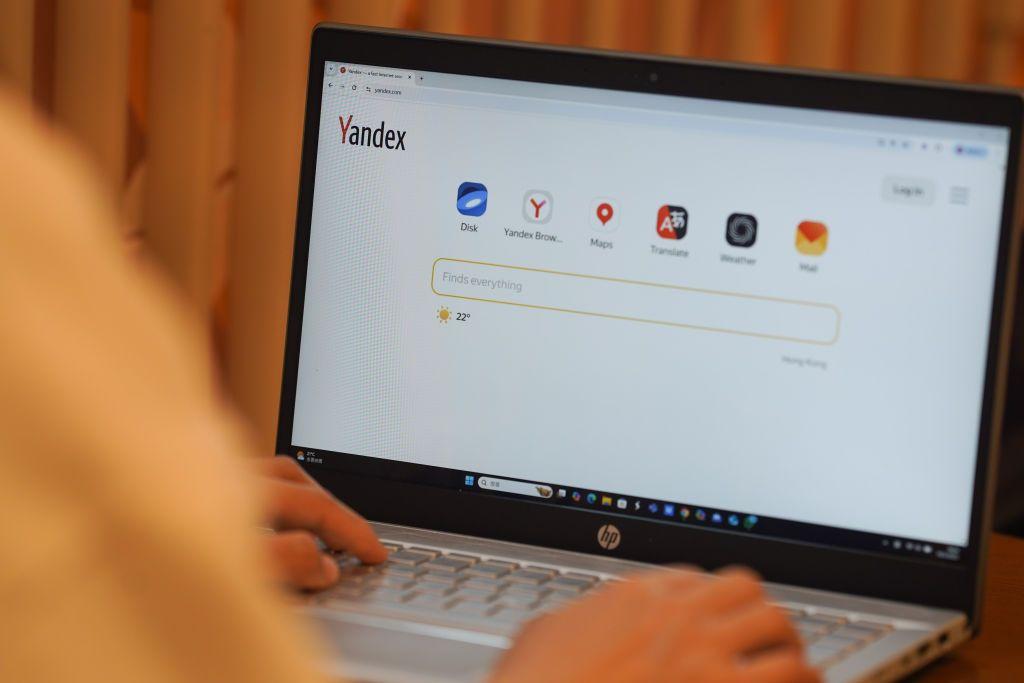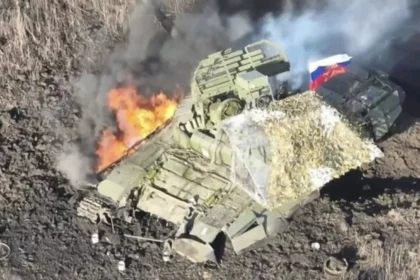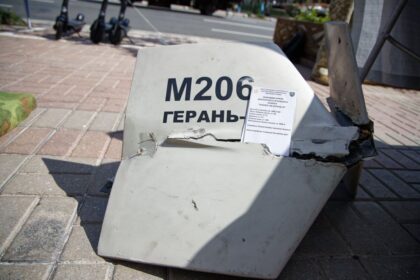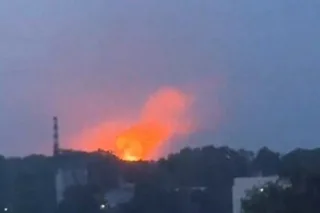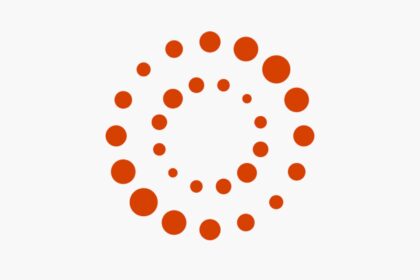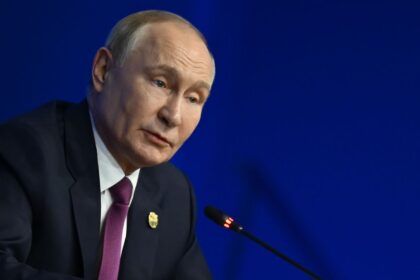**Russia Cracks Down on Online Freedom with New Law**
In a move that has sparked concerns among freedom of speech advocates, Russian President Vladimir Putin has signed a law that allows authorities to fine individuals for searching for or accessing online content labeled as “extremist”. This new legislation was reported by Russian state-controlled media on July 31.
Under the law, people who deliberately search for materials listed in the government’s federal registry of “extremist” content can face fines ranging from 3,000 to 5,000 rubles (approximately $35 to $60). This includes using software like virtual private networks (VPNs) to bypass state-imposed website blocks.
But it’s not just individuals who are at risk. The law also introduces penalties for companies that provide access to banned online resources, with fines reaching up to 500,000 rubles (about $5,600).
**What does “extremism” mean in Russia?**
Russia’s definition of “extremism” is deliberately vague and often used as a tool to suppress dissenting voices. The label can be applied to anything that contradicts the Kremlin’s narrative, including alternative versions of history or criticism of government policies.
This has led to widespread censorship and surveillance in Russia, particularly since the start of the full-scale invasion of Ukraine. In 2024 alone, about 417,000 websites were blocked by Russian authorities, with most of these bans imposed without a court order.
**Freedom of speech under attack**
The new law is just the latest example of Russia’s ongoing crackdown on internet freedom. As Anna Fratsyvir, a news editor at the Kyiv Independent, notes, this move will only serve to further suppress dissenting voices and restrict access to information in Russia.
“It’s clear that the Russian government is intent on controlling what people can see and hear online,” she says. “This law will make it even harder for Russians to access reliable information and for independent media outlets to operate.”
**What does this mean for internet freedom?**
The implications of this new law are far-reaching. By making it easier to fine individuals for searching for or accessing online content labeled as “extremist”, the Russian government is effectively creating a culture of self-censorship.
This will make it even harder for people to access information and express themselves freely online, particularly in countries with authoritarian governments like Russia.
As Fratsyvir notes, this move will only serve to further restrict internet freedom in Russia and beyond. “The impact of this law will be felt far beyond Russia’s borders,” she says. “It’s a chilling reminder that the global battle for internet freedom is far from over.”
Read More @ kyivindependent.com




